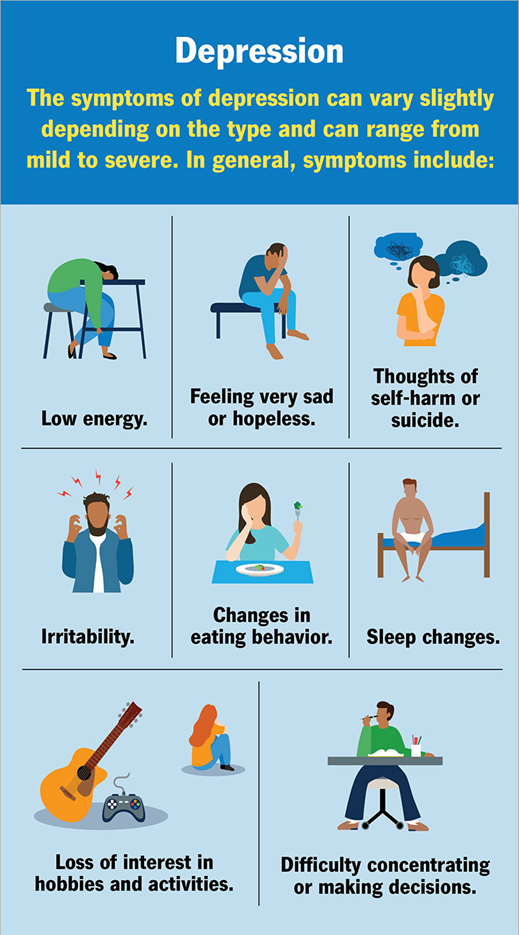A nurse is caring for a client who has just received a terminal cancer diagnosis from their provider. Which of the following actions should the nurse take?
Offer the client advice about various treatment choices.
Discourage the client from forming new relationships.
Allow the client unlimited time for the grieving process.
Change the subject when the client becomes upset.
The Correct Answer is C
Choice A reason:
Offering the client advice about various treatment choices is not the most appropriate action for a nurse to take immediately after a terminal diagnosis. While it is important to discuss treatment options, the timing of this discussion should be sensitive to the client's emotional state. The nurse should provide support and allow the client to lead the conversation about treatment when they are ready.
Choice B reason:
Discouraging the client from forming new relationships is not a supportive action. It is important for individuals facing a terminal illness to feel connected and supported. Encouraging the client to maintain and form new relationships can provide emotional support and improve their quality of life.
Choice C reason:
Allowing the client unlimited time for the grieving process is essential. Grief is a personal experience and can vary greatly in duration and expression. The nurse should support the client through their grief, providing a safe space for them to express their emotions and move through the grieving process at their own pace.
Choice D reason:
Changing the subject when the client becomes upset is not a therapeutic communication technique. It is important for the nurse to acknowledge the client's feelings and provide a supportive presence. The nurse should listen actively and empathetically, allowing the client to share their concerns and emotions.
Nursing Test Bank
Naxlex Comprehensive Predictor Exams
Related Questions
Correct Answer is B
Explanation
Choice A reason:
Feeling angry at the world is a common reaction to grief and loss. Anger is one of the stages of grief and does not necessarily indicate clinical depression. While it is important to monitor the client's emotional state, anger alone is not a definitive sign of depression.
Choice B reason:
Expressing a sense of numbness and an inability to feel emotions is a significant indicator of clinical depression. This symptom, known as anhedonia, reflects a loss of interest or pleasure in most activities and is a core feature of major depressive disorder. It is crucial to report this to the provider for further evaluation and intervention.
Choice C reason:
Acknowledging the importance of family support is a positive coping mechanism. This statement indicates that the client recognizes their support system, which is beneficial for managing grief. It does not suggest clinical depression.
Choice D reason:
Feeling that it will take a long time to be happy again is a normal part of the grieving process. Grief can be prolonged, and it is natural for clients to feel that their happiness is distant. This statement alone does not indicate clinical depression

Correct Answer is C
Explanation
Choice A reason:
Telling a client to focus on themselves for a change may come across as dismissive and does not address the underlying feelings of hopelessness. It is important for the nurse to acknowledge the client's feelings and provide support rather than suggesting a shift in focus without understanding the root cause of their distress.
Choice B reason:
Asking the client why they feel like things will never work out can be a useful way to explore their thoughts and feelings. However, it may not be the most immediate concern if the client is experiencing severe hopelessness or suicidal ideation. The nurse should prioritize assessing the client's safety and risk of self-harm.
Choice C reason:
Asking if the client has been thinking about harming themselves is crucial in assessing their safety. Suicidal ideation is a serious concern, and it is important for the nurse to directly address this issue to determine if the client is at risk of self-harm. This response shows that the nurse is taking the client's feelings seriously and is concerned about their well-being.
Choice D reason:
Suggesting an antidepressant might make the client feel better can be helpful in the long term, but it does not address the immediate emotional distress the client is experiencing. Medication can be part of a treatment plan, but the nurse should first ensure the client's immediate safety and provide emotional support.
Whether you are a student looking to ace your exams or a practicing nurse seeking to enhance your expertise , our nursing education contents will empower you with the confidence and competence to make a difference in the lives of patients and become a respected leader in the healthcare field.
Visit Naxlex, invest in your future and unlock endless possibilities with our unparalleled nursing education contents today
Report Wrong Answer on the Current Question
Do you disagree with the answer? If yes, what is your expected answer? Explain.
Kindly be descriptive with the issue you are facing.
